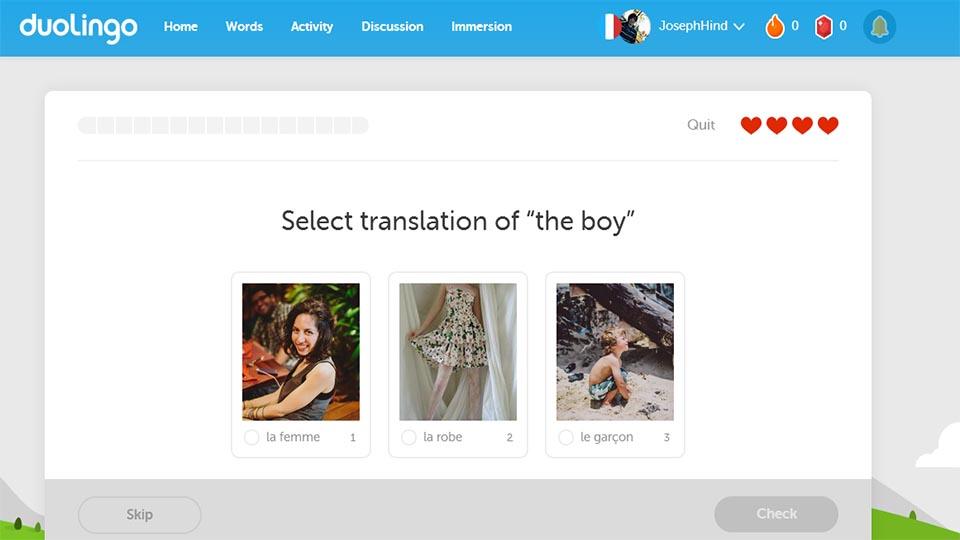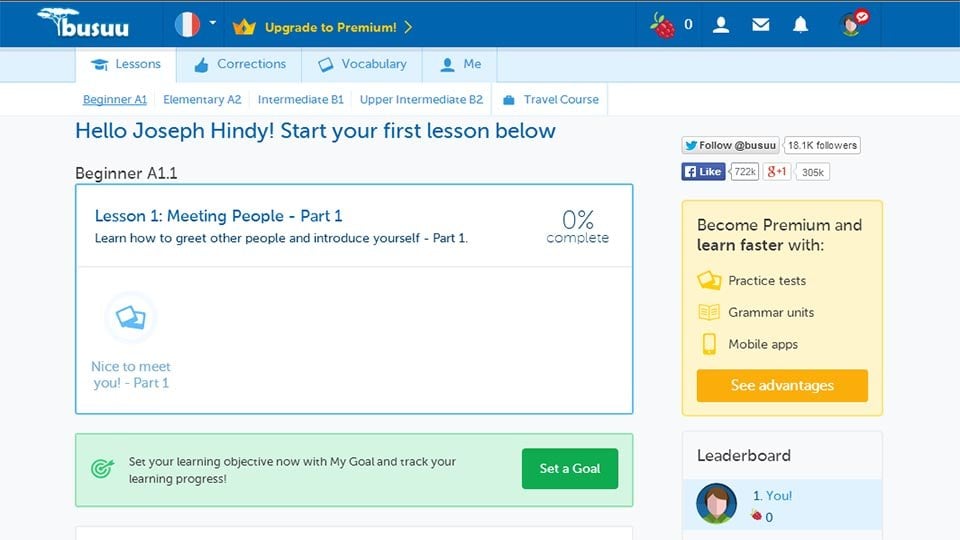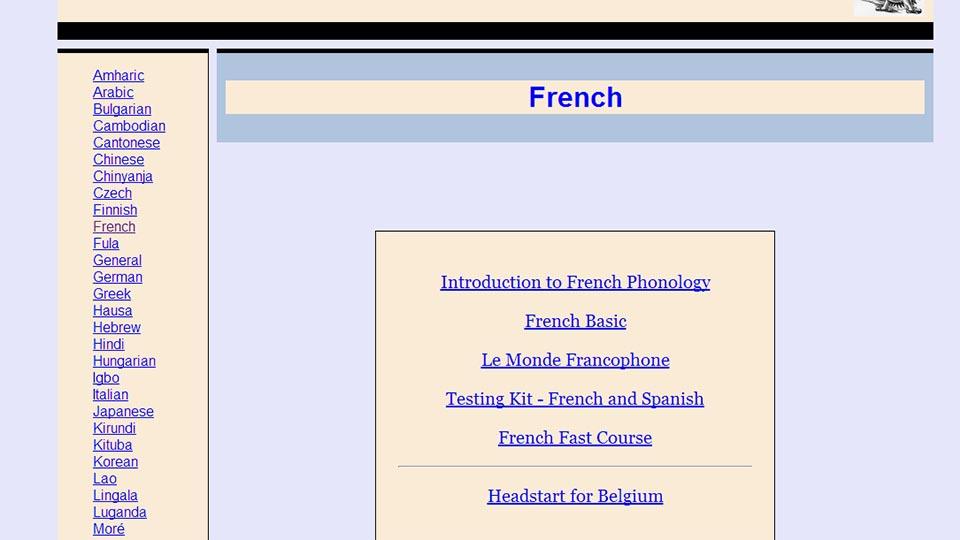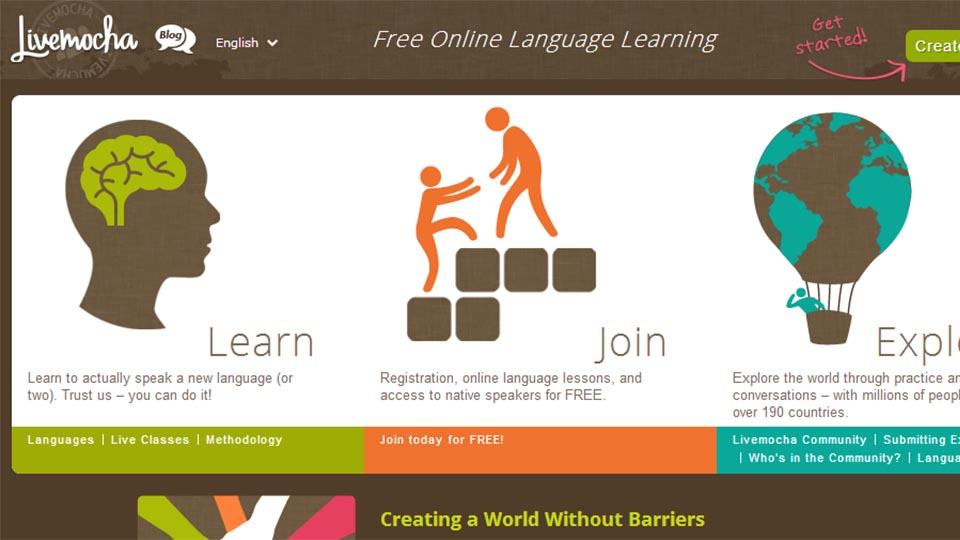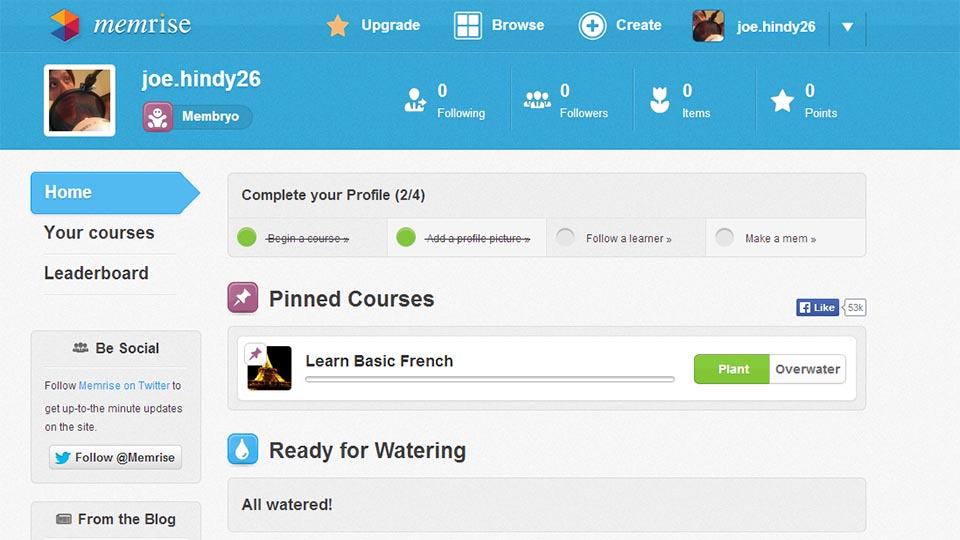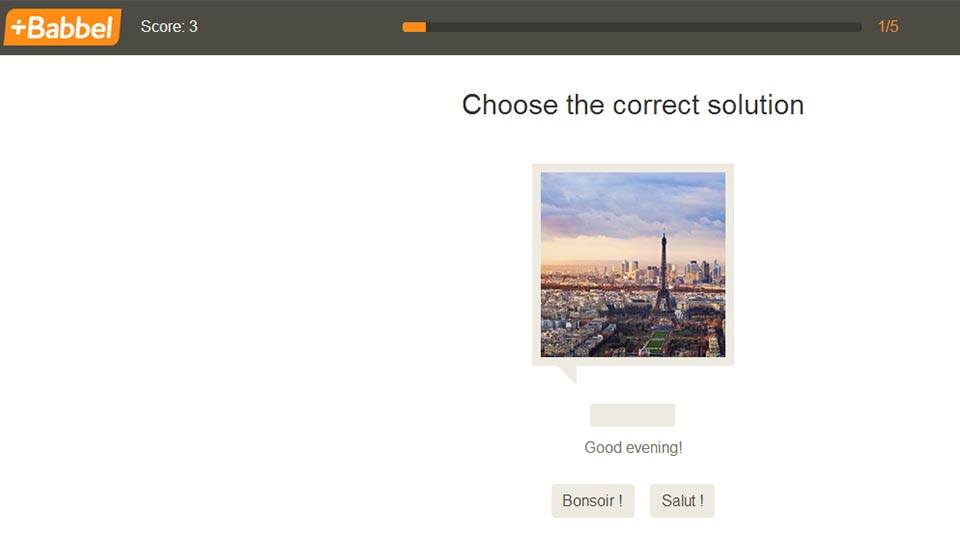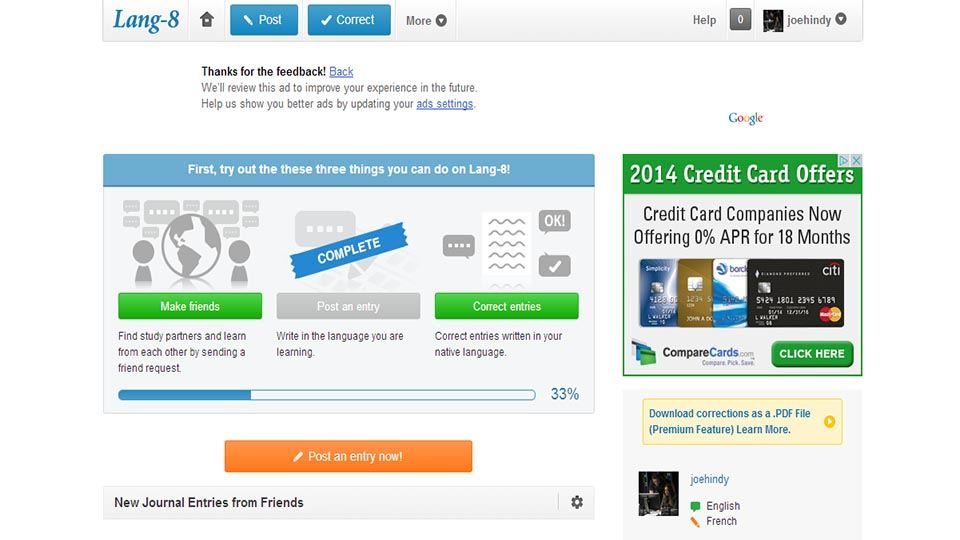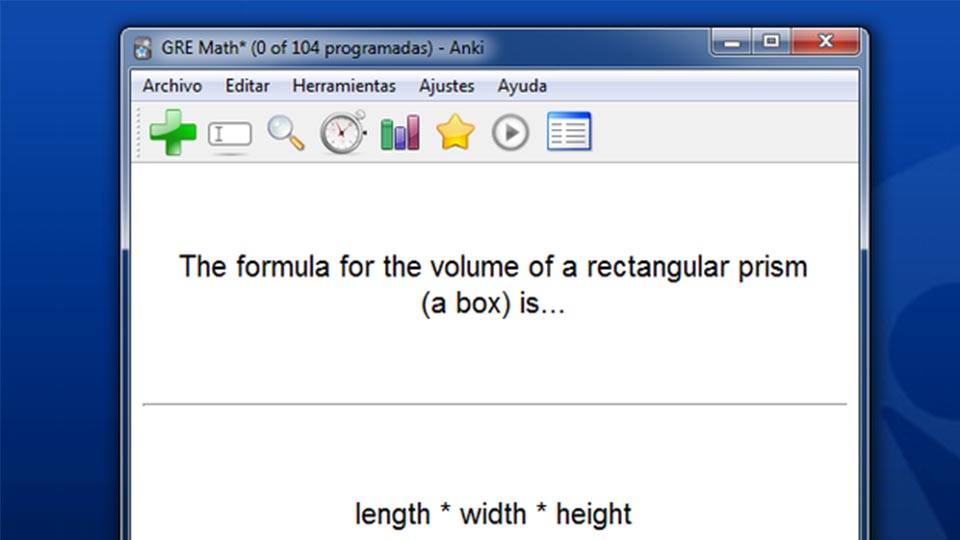1. Duolingo
Totally free resource. Support for the big languages (German, Spanish, French) along with some others. Full-featured mobile apps on iOS and Android so you can learn on the go. You can sign up and log in using Facebook and Google+ which makes it easy to just jump in and go.
Cons:
Not as comprehensive as others. If you’re looking for stuff like Chinese, Japanese, Korean, Russian, Farsi, Hindi, and others, you’ll need to look elsewhere.
Special Features: A full mobile experience lets you use this on a tablet or phone for on-the-go learning. The learning experience is formatted to be like a game to help make the learning process more fun. To try out Duolingo, go to their website.
2. Busuu
Free features include study options for reading, writing, and speaking. Free languages include Chinese and Russian along with many others including the usual ones. You can sign up and log in with Facebook and Google+. Mobile apps available for Android and iOS for learning on the go.
Cons:
You don’t get everything in the free version. You must pay to get grammar worksheets and an official certificate of completion. Still missing big languages, including pretty much all Middle Eastern languages.
Special features: The mobile apps are a nice touch and both of them are rated fairly well on their respective platforms. More languages than most. It allows you to set goals so you can work toward them instead of being free form like others. If you want to try it out, check out the official website.
3. Foreign Services Institute
Supports a metric ton of languages including African and Middle Eastern tongues. Courses are crafted by professional linguists so they are extremely comprehensive. Audio recordings available for listening. Study materials are PDFs and downloaded audio files which means learning offline is easy and you can put these materials on any smartphone, tablet, laptop, etc and learn from anywhere online or offline.
Cons:
All the lessons are in PDF format and (slightly fuzzy) audio files. There are no fancy graphics, goals, mobile apps, or other features. Lesson plans focus on repetition and some people don’t learn well that way.
Special features: This is professional learning materials and among the most comprehensive available for free. The PDF format and (slightly fuzzy) audio files are a tad primitive but their portability is unmatched anywhere. This is for serious learners. If you want to check it out, go to FSI’s official website.
4. Livemocha
Uses a unique “live learning” technique where learners can observe and learn rather than the usual learning style of repetition and lessons. Don’t worry, they still have classic lessons too. Live instructor-led classes is something unique on this list. You can meet other people learning the same language you are and you can become study buddies, thus adding a social aspect. A doubly unique system allows you to register using your native language. You then grade the work of other people who are learning that language. This allows you to earn points. You use points to unlock more lesson plans. Thus, you must give to get and help others learn in order to learn. Awesome!
Cons:
It’s very social so if you don’t want a social learning environment then this isn’t for you. It’s very possible to run out of points before you purchase your next lesson and you may have to grind to get enough for the next lesson. People who don’t care and don’t want to take it seriously will probably give good greats just to get points quickly. If you don’t plan to commit, you shouldn’t join.
Special features: The give-and-get dynamic is something truly special here. Help others learn and others will help you learn! Still has the traditional lessons as a base line. Live instructors are essential. If you want to check it out, look at the LiveMocha’s website.
5. Memrise
Uses “mems” which are essentially mnemonic flash cards to help you learn new vocabulary based on the vocabulary you already know. Facebook log in makes it easy to start up and get started. Community generated which means the content is ever increasing. Great for visual learners!
Cons:
May not be comprehensive enough for advanced learners. The mem cards and courses are user generated which means the quality varies.
Special features: The community driven nature of this method means there are new things to learn all the time. The mem cards are unique and offer a much more visually stimulating way to learn.
6. Internet Polyglot
Flash card style lessons are great for visual learners. You can actually use this without signing up for anything for a while but signing up for an account is easy. Mobile apps let you learn on the fly. Support for a lot of languages.
Cons:
Not very comprehensive so serious learners will need additional tools. The mobile apps haven’t been updated in over a year so if they don’t work for you, you’re out of luck. The website lacks the polish of these other websites.
Special features: Very simple flash card games are great if you only have a few minutes to learn stuff. Even if they are old, the mobile apps are present and if they work, they’re alright. If you’re up for trying it out, check out the official website.
7. Lang-8
Like Livemocha, Lang-8 is social based where other people grade and help you learn while you grade and help other people learn. You keep a journal of the stuff you learn which is a fun way to look back and see how far you’ve come. Unlike most sites, this focuses more on written language. The stuff you post is reviewed by people who speak the language and they correct your errors so you learn.
Cons:
This is for people who either already speak the language or have other tools that are teaching them. Lang-8 itself doesn’t actually have things like lesson plans or anything like that. It’s more of a trial-by-fire type of learning. Signing up for an account is liking signing up for a social media account. It’s very tedious. No speaking tutorials at all.
Special features: The social media aspect is actually quite fascinating. You post things in your native language and speakers of other languages will correct it so that it reads the same thing in another language. This is an amazing tool for learning sentence structure and how to write in other languages. To check it out, head to the official website.
8. Anki
Downloaded and installed on the computer rather than a web interface so it works offline. It’s cross platform and you can sync your cards across multiple devices which is nice. It’s actually not just for languages. You can create custom flash card sets to learn anything from math to people’s faces. The sky is the limit. Can reportedly handle flash card decks with over 100,000 flash cards. That means you can learn pretty much anything except counting to 100,001. Supports images, audio, and video flash cards.
Cons:
They’re flash cards which means memorization. If you’re not good with that kind of learning then you probably won’t find this much help. If the language you want to learn isn’t supported, you’ll have to create your own custom flash card set which can be tedious but it’ll help you learn the language better!
Special features: This is the best flash card system out there. It’s been around for years, is highly optimized, cross-platform, and you can use it for things other than learning a language. It’s tried and true and that’s what counts! Check out their official website for more details. Like we said earlier, there are so many benefits for your brain and memory and you’ll be able to talk and interact with a whole new culture of people. There’s nothing left to do but pick your poison, dig in, and get started. N’attendez pas commencer! Featured photo credit: Meme Generator via 4.bp.blogspot.com
